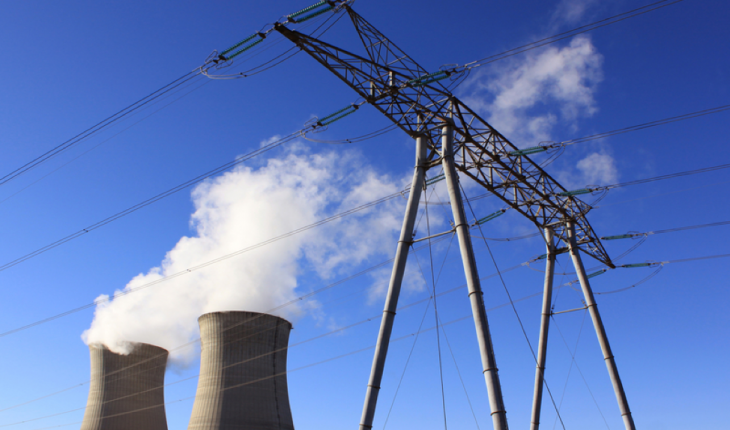Nuclear energy has long been touted as an environmentally and economical solution to the increasing energy needs of modern society and industrial innovation. Nuclear energy is generated from the breaking of bonds in an atom’s nucleus. Unlike other power sources, the initial energy input to initiate a nuclear chain reaction is relatively small. Once a reaction starts, it can sustain itself for a long time. But is nuclear energy truly the answer to our increasing energy needs? Here are three aspects to consider.
Reliable Energy
Nuclear power plants provide a consistent and reliable source of energy. The heat from a nuclear reaction boils water and creates steam. The steam is then channeled into a turbine which spins, generating energy. For natural gas and coal, the fuel source changes but ultimately the end goal are the same. Solar energy uses photovoltaic cells to capture the sun’s energy, while hydropower dams and tidal plants harness the power of water. Nuclear energy has the advantage of being immune to outside influences such as weather, variances in the chemical makeup of coal or natural gas sources, or not relying on the ebb and flow of tidal cycles.
It Will Run Out
Most nuclear power plants today use uranium fuel rods, but our supply of uranium is slowly running out. The uranium reserves used to supply nuclear energy are expected to last another 80 years. Alternative elements such as Thorium are also currently being researched as a viable substitute. Thorium has a much longer half-life compared to uranium, leading to the less frequent need for changes in fuel rods, and the risk of leaks or contaminations from mishandling in that process.
Nuclear Power Creates Other Byproducts
Uranium fuel rods can provide power for a few years before needing to be changed. However, nuclear spent fuel takes thousands of years to become inert. Spent fuel rods must be stored in highly remote facilities located underground such as those in Carlsbad, New Mexico. Here, the naturally thick rock structures create a solid barrier to contain radiation. These sites pose potential security risks as a failure to contain the nuclear radiation may have a catastrophic impact.
While nuclear power isn’t a silver bullet in the race to clean energy, it is certainly one building block towards that ultimate goal. Nuclear energy can help meet the rising demand for electricity usage as other sustainable energy sources like solar, wind or water evolve and become more efficient. Nuclear energy creates minimal byproducts compared to other sources but has its own challenges in terms of dwindling uranium reserves, and long term storage of spent fuel rods.
If you found this article interesting and informative, then you might enjoy reading these other Ecology articles from The Hominid Post:




